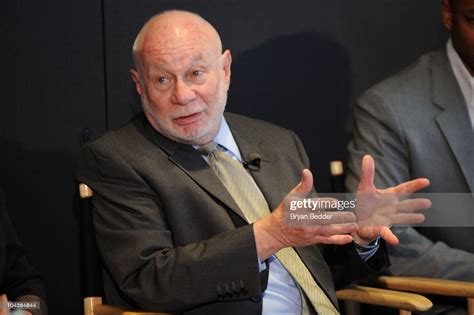A Quote by Agnes Repplier
Related Quotes
Thus we seem to be on the verge of an expansion of welfare economics into something like a social science of ethics and politics: what was intended to be a mere porch to ethics is either the whole house or nothing at all. In so laying down its life welfare economics may be able to contribute some of its insights and analytical methods to a much broader evaluative analysis of the whole social process.
We need to employ a secular approach to ethics, secular in the Indian sense of respecting all religious traditions and even the views of non-believers in an unbiased way. Secular ethics rooted in scientific findings, common experience and common sense can easily be introduced into the secular education system. If we can do that there is a real prospect of making this 21st century an era of peace and compassion.
How should the best parts of psychology and economics interrelate in an enlightened economist's mind?... I think that these behavioral economics...or economists are probably the ones that are bending them in the correct direction. I don't think it's going to be that hard to bend economics a little to accommodate what's right in psychology.
As to ethics, unfortunately, we are still at sea. We never did have any popular base for what little ethics we knew, except the religious theories, and now that our faith is shaken in those theories we cannot account for ethics at all. It is no wonder we behave badly, we are literally ignorant of the laws of ethics, which is the simplest of sciences, the most necessary, the most continuously needed. The childish misconduct of our 'revolted youth' is quite equaled by that of older people, and neither young nor old seem to have any understanding of the reasons why conduct is 'good' or 'bad.





































